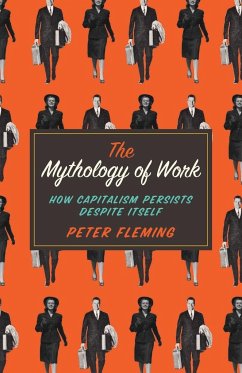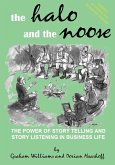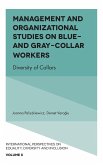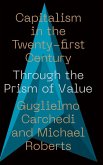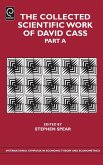There was once a time when 'work' was inextricably linked to survival and self-preservation; where the farmer ploughed the land so their family could eat. But the sun has long since set on this idyllic tableau, and what was once an integral part of life has slowly morphed into a painful and meaningless ritual, colonising almost every part of our lives - endless and inescapable. In The Mythology of Work, Peter Fleming examines how neoliberal society uses the ritual of work (and the threat of its denial) to maintain the late capitalist class order. As our society is transformed into a factory that never sleeps, work becomes a universal reference point for everything else, devoid of any moral or political worth. Blending critical theory with recent accounts of job related suicides, office-induced paranoia, fear of relaxation, managerial sadism and cynical corporate social responsibility campaigns, Fleming paints a bleak picture of neoliberal capitalism in which the economic and emotional dysfunctions of a society of wage slaves greatly outweigh its professed benefits.
Hinweis: Dieser Artikel kann nur an eine deutsche Lieferadresse ausgeliefert werden.
Hinweis: Dieser Artikel kann nur an eine deutsche Lieferadresse ausgeliefert werden.

